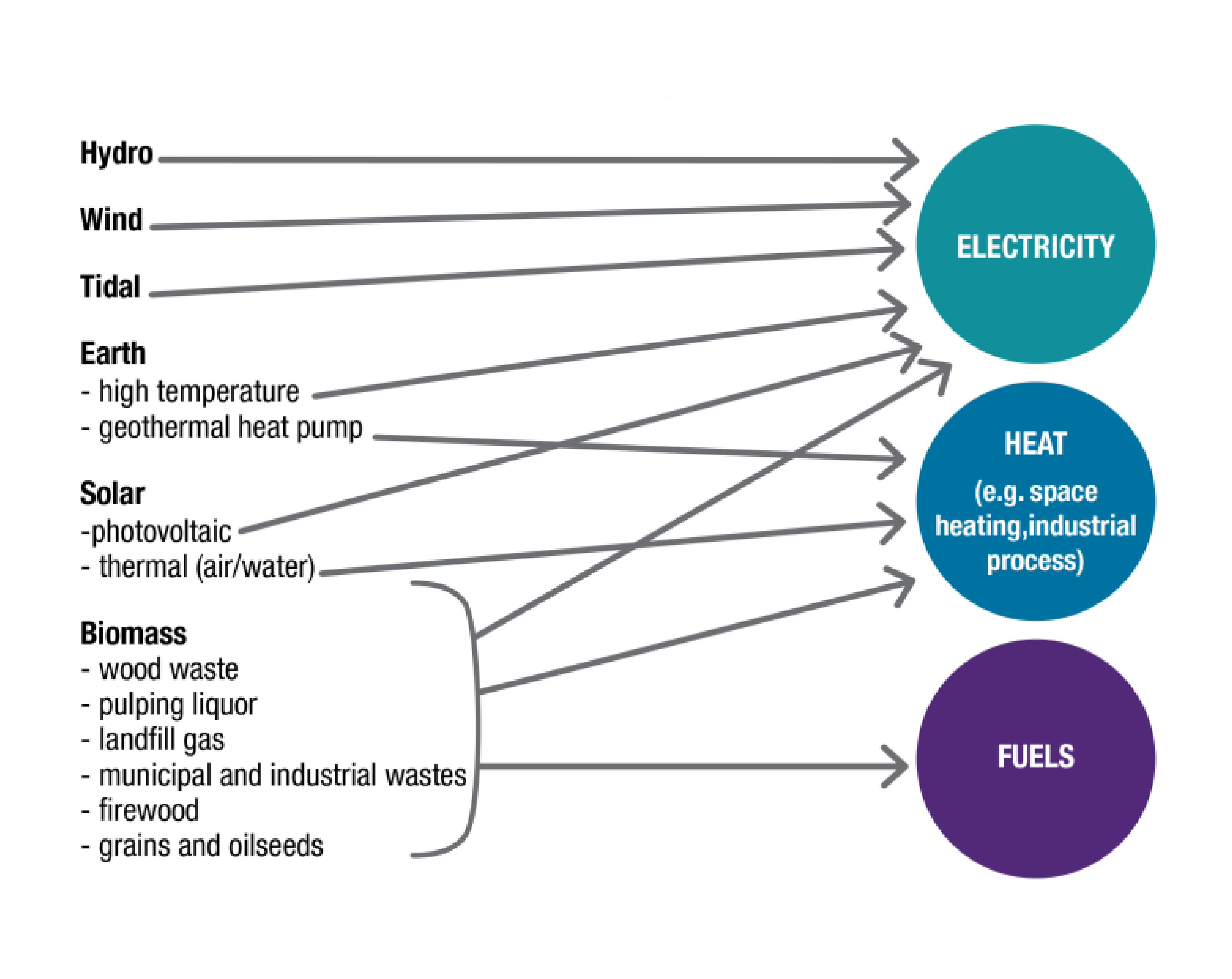

Sustainability in Down & Feathers
Feathers and Down are not only the most efficient insulator, but the product is also the most sustainable when compared to all alternatives.
A recent study by Long Trail Sustainability found that Down has an impact that is 18 times lower on climate change taking into consideration human health, eco- systems, natural resource usage & energy demand.
In addition, down is naturally occurring unlike polyes-ter products which are derived from petroleum prod-ucts. Furthermore down has a longer re-usable life and is bio-degradable once it reaches end of life.
- Down has 18 times less of an impact on climate change than polyester fill.
- Down from IDFB members is sourced as a byproduct from the food and argiculture industry.
- Down is a natural resource that can be reused and composted.
Canada’s Sustainability Advantages
What makes Canadian products even more sustainable are the count-less advantages which we have when it comes to power generation, natural resource abundance, low-impact farming, and high standard of environmental protection. Virtually all feed is produced locally, reducing both transportation emissions, as well as feed and resource waste.
As a share of Canada’s energy supply, 17.3% comes from renewable sources as compared to 13.6% for the rest of the world, and 10.2% compared to OECD countries.

Resources & Case Studies
Resources and documentation addressing sustainability in the down and feather industry in Canada.
IDFB Environmental Proof
IDFB Life Cycle Assessment Talking Points for Members
LTS Life Cycle Assessment of Down Fill Material
IDFB Environmental Footprint Of Down Vs. Polyester Fill Material
IDFB Press Release: Life Cycle Assessment Shows Down and Feather Products are More Sustainable than Alternatives
Looking for more info? Frequently asked questions addressing consumer concerns and providing insight into the standards of practice in the down and feather industry.
